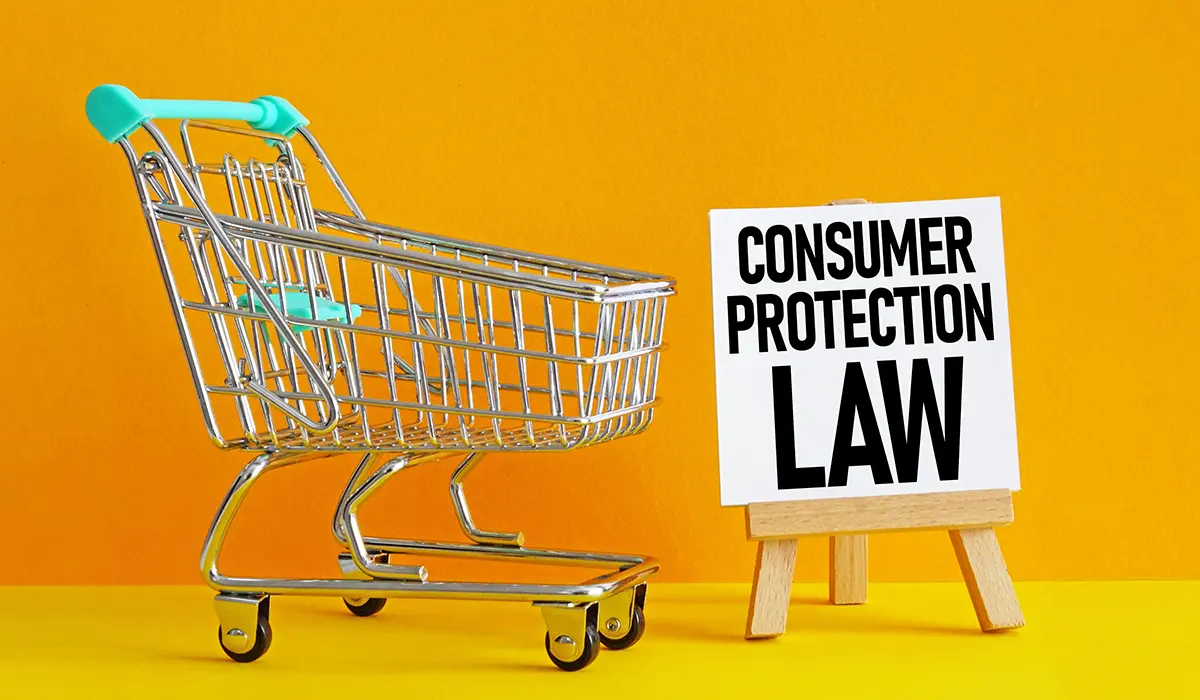Key UK Consumer Protection Laws You Should Know
Consumer protection laws in the United Kingdom are designed to ensure that individuals purchasing goods and services are treated fairly, receive what they paid for, and are not misled by businesses. These laws also provide legal remedies when things go wrong. With an increasingly complex digital and consumer economy, understanding your rights as a consumer – or obligations as a business – is more important than ever.
This article explores the most important consumer protection laws in the UK, their core principles, and what they mean in practical terms for both consumers and businesses.
1. The Consumer Rights Act 2015
The Consumer Rights Act 2015 is arguably the most significant piece of consumer protection legislation in the UK. It consolidated and updated key aspects of previous laws, such as the Sale of Goods Act 1979, the Supply of Goods and Services Act 1982, and the Unfair Terms in Consumer Contracts Regulations 1999.
Key provisions of the Act include:
- Goods must be: of satisfactory quality, fit for purpose, and as described.
- Services must be: provided with reasonable care and skill, within a reasonable time, and at a reasonable cost if not agreed in advance.
- Digital content: must also meet similar standards, marking a legal first for software, apps, and online media.
- Remedies: include the right to a refund within 30 days (for faulty goods), repair, replacement, or price reduction.
The Act applies to contracts between businesses and consumers and is enforceable through civil courts and trading standards bodies.
2. The Consumer Protection from Unfair Trading Regulations 2008
These regulations are aimed at stopping businesses from engaging in unfair, misleading, or aggressive commercial practices that distort consumer decision-making. Derived from the EU’s Unfair Commercial Practices Directive, they continue to apply in the UK post-Brexit.
Under these regulations, businesses must not:
- Mislead consumers through false or deceptive advertising.
- Omit key information that consumers need to make informed decisions.
- Use aggressive tactics to pressure consumers into purchases.
Violations can result in civil enforcement, criminal penalties, and reputational damage. Consumers affected may also be entitled to damages or compensation.
3. The Consumer Contracts (Information, Cancellation and Additional Charges) Regulations 2013
This legislation focuses on transparency and fair practices in distance and off-premises sales (e.g., online, phone, and doorstep sales).
Key requirements include:
- Clear information before a sale is made, including total price, delivery costs, and cancellation rights.
- A 14-day “cooling-off” period for most distance and off-premises contracts, during which consumers can cancel and receive a full refund.
- Prohibition of pre-ticked boxes and hidden charges in online transactions.
These protections help level the playing field for consumers in the digital marketplace, especially with the growth of e-commerce.
4. The Consumer Protection Act 1987
The Consumer Protection Act 1987 introduced strict liability for defective products. It allows individuals to seek compensation for personal injury, death, or property damage caused by unsafe or defective goods—even without proving negligence.
Manufacturers, importers, and retailers can all be held liable under this Act, depending on their role in the product’s supply chain. The Act also criminalises misleading price indications and empowers trading standards officers to investigate unsafe goods.
5. The Sale of Goods Act 1979 (as amended)
Although much of its content has been superseded by the Consumer Rights Act 2015, the Sale of Goods Act 1979 still applies in certain cases—particularly in business-to-business contracts and contracts involving second-hand goods.
The Act includes core principles such as the goods being:
- As described
- Of satisfactory quality
- Fit for their intended purpose
Buyers can pursue remedies including repair, replacement, or a refund if goods do not meet these standards.
6. The General Product Safety Regulations 2005
These regulations ensure that all consumer products placed on the UK market are safe. Businesses have a duty to supply only safe products and must take steps to warn consumers of potential risks, monitor product safety, and take corrective actions like recalls when needed.
Enforced by Trading Standards and other regulatory bodies, failure to comply can lead to criminal prosecution, fines, and imprisonment. This law covers a wide range of items from toys to household appliances and electronics.
7. Financial Services and Consumer Credit Laws
While not limited to physical goods, financial services are heavily regulated in the UK to protect consumers. The Consumer Credit Act 1974 and the Financial Services and Markets Act 2000 provide essential safeguards in areas such as:
- Credit agreements and loans
- Hire purchase contracts
- Credit card purchases (Section 75 protection)
- Regulation of financial promotions
The Financial Conduct Authority (FCA) oversees enforcement, ensuring that consumers are treated fairly in their dealings with banks, lenders, and insurers.
Conclusion
The UK has one of the most comprehensive consumer protection frameworks in the world. From faulty goods to misleading advertising, unfair contracts to financial mismanagement, these laws give consumers powerful tools to assert their rights and seek redress when treated unfairly.
Whether you’re a consumer trying to resolve a dispute or a business looking to ensure legal compliance, it’s crucial to understand the key laws that govern commercial transactions in the UK. As consumer habits evolve – particularly in the digital space – so too will the laws, making it essential to stay informed and proactive.
If you’re uncertain about your rights or obligations under these laws, consider consulting a legal professional or reaching out to organisations like Citizens Advice or the Competition and Markets Authority for guidance.
For more information on Consumer Protection Laws contact Blake-Turner LLP.
